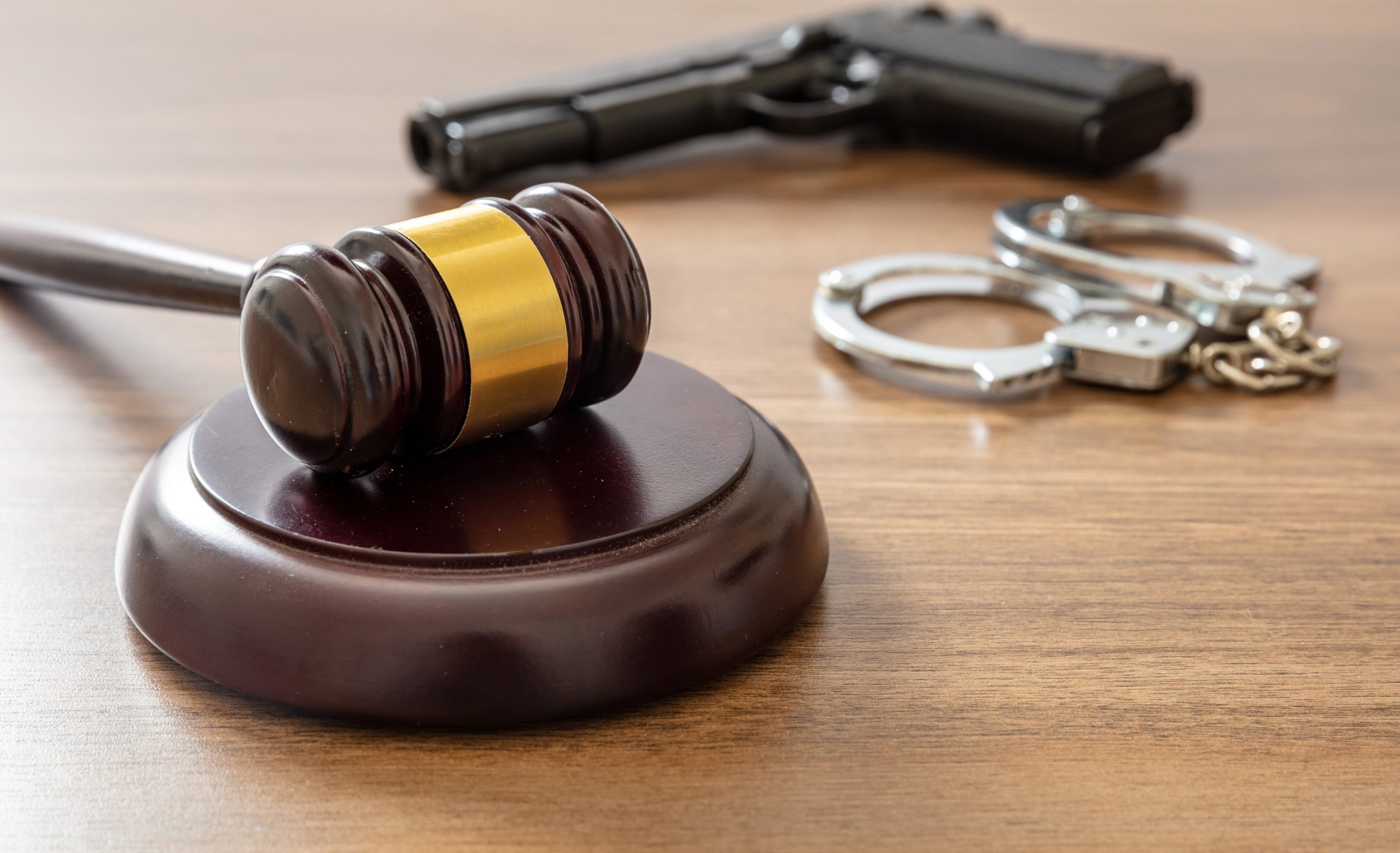How to Remove a DUI Offense From Your Record – Guest Post

DUI offenses can have serious consequences, both in terms of legal repercussions and personal and professional embarrassment. If you’ve been convicted of a DUI offense, you may be looking for ways to remove it from your record. Fortunately, in some cases, it is possible to have your DUI offense expunged from your record.
Introduction to DUI Offenses
A driving under the influence (DUI) offense is a criminal offense that occurs when a person drives a vehicle while impaired by alcohol or drugs. Depending on the severity of the offense and the laws of the state, DUI offenses can be charged as either a misdemeanor or a felony. In some states, DUI offenses are considered “wobblers”, meaning that they can be charged as either a misdemeanor or a felony depending on the circumstances.
In addition to the legal repercussions, a DUI offense can also have serious personal and professional consequences. A DUI offense can lead to a suspended license, increased insurance costs, and difficulty finding employment or housing.
Overview of Laws and Regulations Regarding DUI Offenses
The laws and regulations regarding DUI offenses vary from state to state. Generally, the penalties for a DUI offense range from a fine and probation to jail time and a suspended license. In some cases, a judge may also order the installation of an ignition interlock device, which requires the driver to blow into a breathalyzer before the vehicle can be started.
In all states, a DUI offense is considered a severe offense, and a conviction can have serious consequences for your driving record and criminal record.
Different Forms of DUI Offenses
There are several different forms of DUI offenses, including first-time DUI offenses, multiple DUI offenses, and felony DUI offenses.
A first-time DUI offense typically involves a fine and/or probation, and may also include the loss of your license for a period of time. In some cases, a judge may also order the installation of an ignition interlock device.
Multiple DUI offenses are considered more serious than a first-time offense and may result in more serious penalties, including jail time, a suspended license, and the installation of an ignition interlock device.
Felony DUI offenses are the most serious form of DUI offense and can result in jail time, a suspended license, and the installation of an ignition interlock device.
Penalties for a DUI Offense
The penalties for a DUI offense vary depending on the severity of the offense and the laws of the state. Generally, the penalties for a DUI offense include a fine and probation, jail time, a suspended license, and the installation of an ignition interlock device. In some cases, a judge may also order community service and/or alcohol counseling.
In addition to the legal penalties, a DUI offense can also have serious personal and professional consequences. A conviction for a DUI offense can lead to increased insurance costs, difficulty finding employment or housing, and embarrassment.
How to Remove a DUI Offense From Your Record
In some cases, it may be possible to have a DUI offense expunged from your record. Expungement is a legal process by which a criminal conviction is removed from a person’s record.
Expungement is not available in all states, and the laws and regulations regarding expungement vary from state to state. Generally, a person must meet certain criteria in order to be eligible for expungement.
Steps to Expunge a DUI Offense
The process of expunging a DUI offense involves several steps. Generally, the method includes filing a petition for expungement, attending a court hearing, and obtaining a court order for the expungement.
The first step in the process is to file a petition for expungement. This petition must be filed with the court in which the DUI offense occurred. The petition must include information about the offense and why the petitioner believes the offense should be expunged from their record.
Once the petition is filed, the court will schedule a hearing. At the hearing, the petitioner must make a case as to why the DUI offense should be expunged from their record. The court will then make a decision as to whether or not the offense should be expunged.
If the court decides to expunge the DUI offense, it will issue a court order for the expungement. The court order must be served on all relevant parties, such as the police department and the DMV.
Requirements for Expungement
In order to be eligible for expungement, a person must generally meet certain criteria. Generally, these criteria include:
- The person must have successfully completed all court-ordered sentences, such as probation and/or community service.
- The person must have no pending criminal charges.
- The person must have no convictions for any other offenses in the past five years.
In some states, a person may be eligible for expungement if they were charged with a DUI offense but not convicted.
How to File a Petition to Expunge a DUI Offense
Once the criteria for expungement have been met, the next step is to file a petition for expungement. The petition must be filed with the court in which the DUI offense occurred.
The petition must include information about the offense and why the petitioner believes the offense should be expunged from their record. The petition must also include information about the petitioner’s criminal record, such as any convictions for other offenses in the past five years.
Once the petition is filed, the court will schedule a hearing. At the hearing, the petitioner must make a case as to why the DUI offense should be expunged from their record.
Cost of Expunging a DUI Offense
The cost of expunging a DUI offense varies from state to state. Generally, the cost of filing a petition for expungement is between $50 and $300. In addition, some courts may require the petitioner to pay a fee for the court hearing.
It is important to note that the cost of expunging a DUI offense is not the same as the cost of court-ordered sentences, such as probation or community service.
Benefits of Expunging a DUI Offense
The benefits of expunging a DUI offense are numerous. Generally, the benefits include the following:
- A clean criminal record.
- The ability to apply for jobs or housing without having to disclose the conviction.
- The ability to apply for a professional license or certification without having to disclose the conviction.
- Lower insurance premiums.
In addition, expunging a DUI offense can restore your reputation and give you peace of mind.
Conclusion
DUI offenses can have serious consequences, both in terms of legal repercussions and personal and professional embarrassment. If you’ve been convicted of a DUI offense, you may be looking for ways to remove it from your record. In some cases, it is possible to have your DUI offense expunged from your record. The process of expunging a DUI offense involves several steps, including filing a petition for expungement, attending a court hearing, and obtaining a court order for the expungement. The cost of expunging a DUI offense is typically between $50 and $300. The benefits of expunging a DUI offense include a clean criminal record, the ability to apply for jobs or housing without having to disclose the conviction, and lower insurance premiums.
If you’ve been convicted of a DUI offense and are looking for ways to remove it from your record, consider expungement. Expungement can help you restore your reputation and give you peace of mind.
CTA: If you’ve been convicted of a DUI offense and would like to know more about the process of expungement, contact a legal professional today.
Author’s Bio:
Freelance writer Jenny Fries focuses on writing on business, health, lifestyle, and technology. She provides independent blogging and SEO content writing services. Fries enjoys writing vacation itineraries, traveling, and cooking when she’s not writing.











Recent Comments